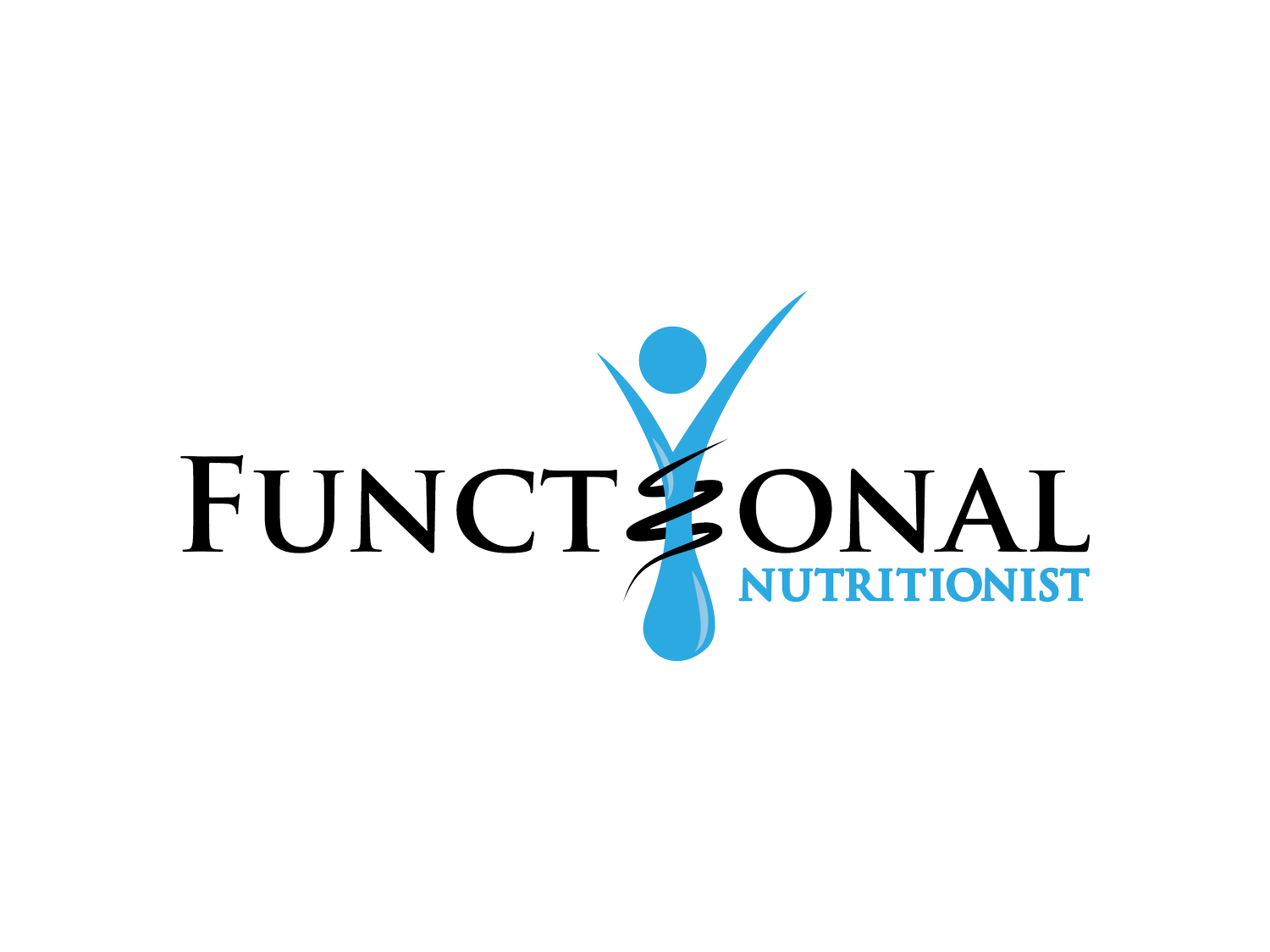Nutrients That Will Help Reduce Inflammation
There is increasing recognition that the cascade of responses involved in inflammation are likely to contribute to the development of chronic health conditions, including cancer. Regulating inflammatory processes is critical in managing and improving overall health. Diet is essential and can be either pro inflammatory or anti inflammatory. This blog will outline what plant components and nutrients are specifically anti inflammatory and what foods you can find them in. Inflammation is critical in managing and improving overall health.
1. Anthocyanidins
Anthocyanidins occur naturally in fruits and vegetables. They exhibit multiple anti-toxic and anti-carcinogenic effects, inhibiting the invasion and growth of cancer cells. Anthocyanidins stimulate detoxification and they are an antioxidant and anti inflammatory.
Sources include:
Almonds, basil, blackberries, cranberries, cashews, cherries, green tea, dark chocolate, mint, pecans, red cabbage, Rosemary, sage, walnuts... Just to name a few.
2. Essential Fatty Acids
The balance of omega 6-3 fatty acids is crucial in the management of inflammation. In today's society we consume excess omega 6 fatty acids which increases inflammation. EFA's are the gate keepers of immunity, they're required for structure and function of the immune cells.
They also help to regulate gene expression and are Involved in modulating inflammation and immunity.
Sources: Omega 3 fish oil (DHA & EPA), and flax, although it is not the best source as humans don't convert it efficiently.
3. Green Tea
Green Tea contains catechins which has been shown to have powerful anti inflammatory and antioxidant activity. 'Research into drinking green tea at concentrations of 6-8 cups per day showed it blocked up to 87% of skin cancer, 58% of stomach cancer and 56% of lung cancer in mice' (Hechtman L, 2014)
4. Quercetin
Quercetin Is a flavonoid (found in plants) with antioxidant and anti inflammatory activity. It may assist in reducing inflammation and maintaining the health of nasal mucosa (great for sinusitis)
It also blocks substances involved in allergies by preventing the release of histamine.
Sources: apples, black and green tea, brassica veggies, citrus fruits, raspberries, red grapes, red onion and tomatoes.
5. Probiotics
A healthy gut function forms a protective barrier against antigens (foreign substance) from food and micro organisms, however this is only possible if there are good microflora. Our gastro-intestinal tract is constantly being bombarded with pathogens, it is important to have a balance between beneficial bacteria and non-pathogenic bacteria.
Probiotics increase and enhance barrier function and integrity. They help to reduce allergic and inflammatory responses. Although most probiotics are bacteria based, Saccharomyces boulardii (SB) is a beneficial yeast which is resistant to antibiotics. As well as supplementing with probiotics, I recommend any one who has to take antibiotics, to definitely to be on SB.
Food sources of probiotics: Sauerkraut, kefir, kimchi, miso, tempeh and kombucha.
To avoid inflammation it is beneficial to choose a whole food diet, organic where possible, consume a lot of vegetables and some fruits. Eating meat that is grass fed and humanely raised in moderation. Consuming sustainably sourced fish where possible. It is recommended to avoid processed foods, trans fats and preservatives. It's important to also minimise toxic exposure as much as possible which can get tricky living in the 21st century, however by avoiding commercial perfumes, deodorants, cosmetics and being selective with cleaning products is a simple and easy way to reduce ones toxic load.
In the above blog are some great tips on nutrients that will help reduce inflammation. If you're not sure if you have inflammation or would like some more information on an anti-inflammatory diet please contact us.

